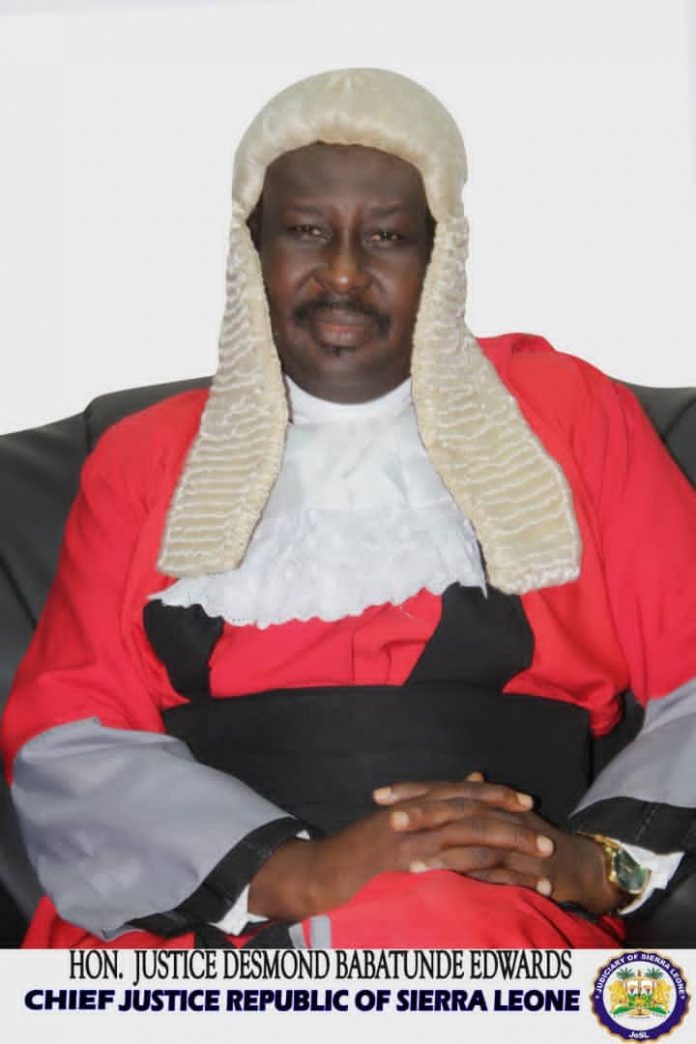By Amin Kef Sesay
The Justice for All report highlights the need to create better justice journeys by empowering people and communities, providing access to people-centered justice services and ensuring fair outcomes.
However, because of the severe shortage of Magistrate Courts in the provinces, large swathes of rural areas remain largely underserved by the formal justice system.
In this light, the vast majority of Sierra Leone’s rural communities depend on the services of local courts when seeking justice. Over 90% depend on local courts for the resolution of matters such as child and spousal support, property, tenancy and land disputes. However, the services of local courts are neither affordable nor fair and usually tend to favor the rich and powerful in the delivery of justice.
Three main factors affect delivery of justice in local courts: financial extortion, flawed judicial processes and gender discrimination.
The Local Court Act makes provision for the imposition of fines not exceeding SLL 50,000. However, many local courts are known to impose ridiculous fines and punishments, far in excess of what is allowed in law, partly due to the lack of clarity among service users as to the maximum fines the courts can impose on them.
Local Courts can impose fines up to 20 times higher than that which is allowed by law. There have been instances where they have fined people as high as Le2.5 million or $250. In addition to fines, service users are asked to pay for a number of other unauthorized expenses such as transportation for the courts’ Police to serve summons or warrants, and for paper and pens to record proceedings.
Research shows that the financial extortion perpetuated by Local Court officials, is in many ways a consequence of the lack of funding for their operations, the lackluster supervision from the Judiciary, and communities’ lack of understanding of how the courts are supposed to operate.
While the Local Court Act disrobed Paramount Chiefs of powers over the courts, they and other powerful actors wield control over them, including the appointment of court Chairpersons. This means that Local Courts seldom deliver adverse decisions against Chiefs, their relatives, and powerful personalities.
By the Act, Local Courts adjudicate civil and criminal matters under customary and the general law. They are supposed to be easily accessible for the majority of citizens constituting an entry point into the formal justice system, with the observance of due process, including rights of appeal.
In reality, principles of due process and non-discrimination are absent due to a lack of political will to follow through reform process initiated by the 2011 law. Also, the lack of meaningful supervision or practical and functional separation from chiefdom administration, has led to perverse results in the system.
While there is a right of appeal against a Local Court’s decision to the District Appeal Court made up of a Magistrate and two assessors, such appeals tend to be cumbersome and could be stymied by a parallel process in the law.
Rather than build on the reforms initiated under the 2011 Local Court Act to improve on processes and outcomes, the past Government tried to push for the courts to be returned to the MLGRD, a move that could to further undermine their legitimacy and functionality.
These findings illustrate the need for the Judiciary to fully implement reforms that would align Local Courts within the main judicial hierarchy, ensuring effective supervision and independence from the control of chiefs.




